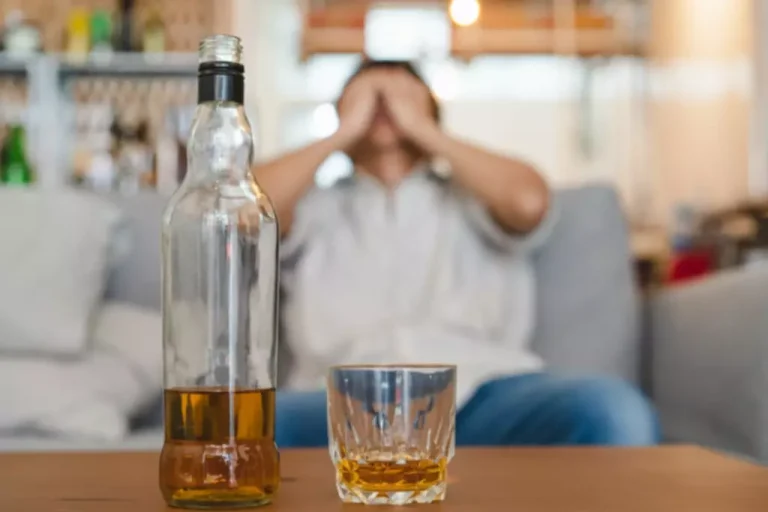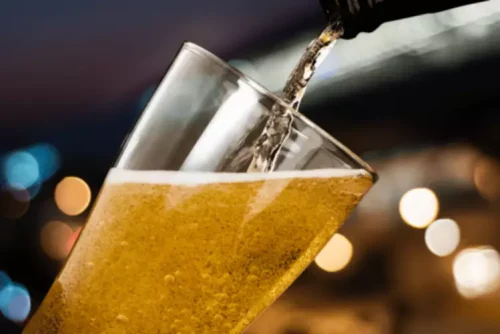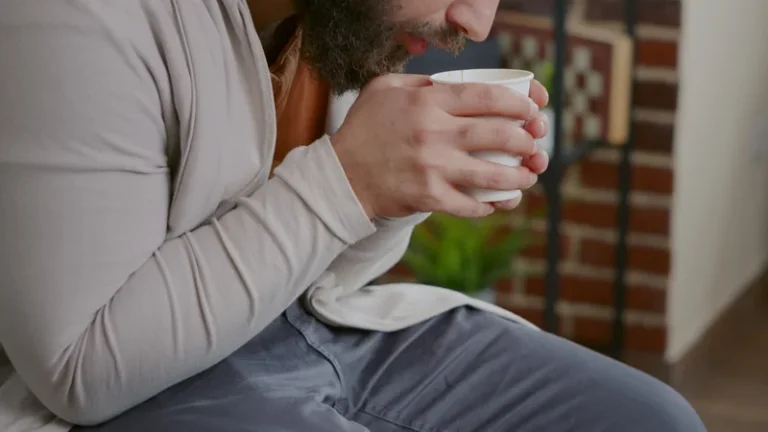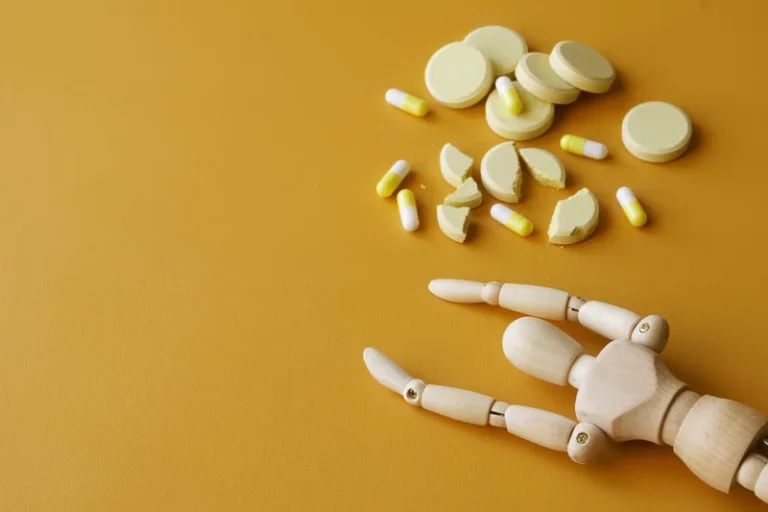Sober living
Alcohol Cravings: Why They Happen and How to Manage Them

Both professional support groups and personal networks play intrinsic roles in recovery. They anchor positivity, resilience, and practical coping mechanisms. Firstly, Mindfulness is a mental state achieved by focusing one’s awareness on the present moment, while calmly acknowledging and accepting one’s feelings, thoughts, and experiences. With practice, these techniques can increase self-awareness and provide a more nuanced understanding of one’s cravings, making it easier to manage them. Additionally, there’s a stark difference between wanting a glass of wine after a long day and obsessing about it all day long.
Meditate to Reduce Stress
We do not and have never accepted fees for referring someone to a particular center. Providers who advertise with us must be verified by our Research Team and we clearly mark their status as advertisers. In cognitive behavioral therapy (CBT),11 you’ll start by identifying the triggers and behaviors that contribute to your addiction.
Patient Care Network

Of course it’s unexpected, uncomfortable and even confusing when we crave a drink or drug after years without. Our neurological pathways and memories are conditioned to respond with cravings, but our brains will continue to rewire themselves with a little planning, patience and time. Because denial is common, you may feel like you don’t how to stop alcohol cravings have a problem with drinking. You might not recognize how much you drink or how many problems in your life are related to alcohol use. Listen to relatives, friends or co-workers when they ask you to examine your drinking habits or to seek help. Consider talking with someone who has had a problem with drinking but has stopped.

What if the urge to drink is too much?
It binds to and blocks opioid receptors in the brain, which reduces the buzz and intoxicated feeling you get from drinking alcohol. These cravings can be frustrating if you’re trying to cut down on alcohol, drink less or stop drinking completely, but they are quite normal. Therapy and medication can play an important role throughout addiction recovery. A few types of treatment are especially helpful for alcohol addiction. For example, if you used to drink to cope with stress at work, you may start to crave alcohol whenever you have a looming deadline. Rewiring alcohol habits isn’t a phase one should navigate alone.
Frequently Asked Questions About Alcohol Cravings in Recovery

You should also consider attending a local AA meeting or participating in a self-help program such as Women for Sobriety. Consider how giving into an urge keeps it alive while not giving in to the urge slowly kills it. While you can’t make the urge go away, you can see it for what it is.
- Alcoholism, referred to as alcohol use disorder, occurs when someone drinks so much that their body eventually becomes dependent on or addicted to alcohol.
- The FDA approved them to treat seizures, but health care professionals sometimes prescribe them “off-label” for alcohol use disorder.
- Your liver can start to heal, your risks of heart disease and cancer go down, and you may begin to sleep better.
Dr. Bowen’s MP3 files (link above) offer an excellent “urge surfing” meditation. Pick a name for your urges that’s imaginative, strong, and meaningful to you. Some call it “The Inner Brat,” “The Alcohol Salesman,” “The Lobbyist,” “The Terrorist,” “The Whiner,” or just “The Enemy.” Pick a name that fits your experience with it. By identifying the cues and triggers that make us crave drinking, we can begin to predict, prepare for and act against a large subset of triggers. In this article, we’ll explain the different types of cravings and discuss our best options to beat those cravings and refocus on the natural, long-lasting rewards of recovery.
“And primary care doctors tend to shy away from these meds because they weren’t trained to use them in med school.” By Sarah Bence, OTR/LBence is an occupational therapist with a range of work experience in mental healthcare settings. For those with alcohol use disorder, withdrawal is just the first (but very important) step on a long journey to recovery. These first few weeks are critical because they are when the risk of relapse is highest.

Alcohol increases activity in brain areas related to reward processing, which produces rewarding or pleasurable effects. One drawback is that you must take two pills three times https://ecosoberhouse.com/ every day. “If you don’t like taking pills, you already take too many pills, or you aren’t good at remembering to take pills, then this would be a tricky one,” he says.
This makes you want to drink more often, even if it causes harm. Sometimes you can’t avoid triggers which may be feelings you have or a physical condition that comes on from time to time. Once you experience the urge, distract yourself with something that takes your attention. Then check back in with yourself in minutes and see if the urge’s intensity has changed. While there is no magic bullet to stop urges to drink or cravings for alcohol, there are ways to manage and reduce urges or cravings to drink. Here’s some information to help you get ready for your appointment, and what to expect from your health care provider or mental health provider.
